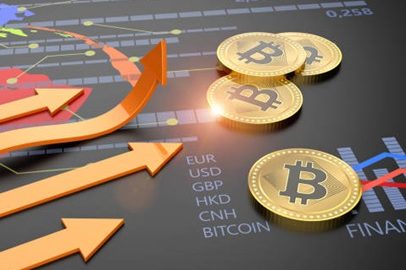Online Crime in the Philippines to be Aware of this 2022

Scammers are constantly finding new ways to steal your money, but you can protect yourself by knowing what to look out for and how to get help when you face a risky or suspicious situation. Knowing the red flags is half of the battle.
Online schemes have a long history of thriving in South East Asia. Private detectives in the Philippines say the unequal economic growth has created personal wealth for a few and triggered a get-rich-quick mindset among some of the general public. Fraudsters have also profited from a lack of regulation and the growing corruption. In these circumstances it’s easier to lure victims, who are often keen to accept offers of a higher return on their hard-earned savings but end up agreeing to pay.
Here are some of the common types of online frauds and scams being carried from the Philippines, but affecting people mainly in the United States, U.K. and Australia. Online criminals typically target foreigners and English speakers. Learn what to watch for and what steps to take to keep yourself, your loved ones, and your money safe.
Cryptocurrency scams
Internet criminals pose as famous celebrities, businesspeople, or cryptocurrency influencers in social media websites like Instagram, Tik Tok, Facebook and Twitter. To capture the attention of potential targets, the online fraudsters promise to match or multiply the cryptocurrency sent to them. Cryptocurrency wallets can be opened by anyone and protect the identity of the owners, which means they are anonymous. On top of this, the funds are untraceable, so there is no way to know where your money ended.
Cryptocurrency scams are not only used in investment schemes, but also are now the most popular currency for all kinds of fraud. From romance scammers, to online shopping scams, and even charity, to more serious online crime, Bitcoin and crypto is the payment of choice. Why use a bank or wire service when cryptocurrency is armored to protect privacy? Furthermore, one a crypto payment is made, there is no recourse or refund.
To avoid being a victim, do not invest in, trade or send cryptocurrencies to someone you’ve only dealt with online, and have not had professional verified. If you feel like it is a good opportunity, or you simply want to help someone, hire a professional background check investigation in Manila to make sure the person or company you are dealing with is legitimate and reputable. Don’t put money in a virtual currency or cryptocurrency if you don’t really understand how it works, and do not speculate in cryptocurrencies with money that you cannot afford to lose. Social media posts that offer giveaways, big promotions and high return promises are most likely fraud, so beware. The private keys that enable you to access your virtual currency should not be shared at any time.
Debt collection, settlement and relief scams
With the economic crisis that excessive government Covid-19 measures have left behind, many people around the world are looking for ways to settle their debts. Philippines scammers are experts in setting up offshore fake debt collecting agencies and fake refinancing companies. Most debt collectors will contact people to collect on legitimate debts they owe. But there are scammers who pose as debt collectors to get you to pay for debts you do not owe or ones you have already paid. Dealing with a fake company could leave you even further in debt. Be careful with this type of contacts, ask for all the information you can about the company and if you need to, hire a company background check to make sure the company and representative you deal with are trustworthy.
C. Wright
© Philippine PI
![]()
© Copyright Philippine PI. All Rights Reserved. This content is the property of Philippine PI, LLC and is protected by United States of America and international copyright laws.













